Is Euro-Atlantic unity more dead than alive? Or the opposite? Meloni’s NATO support vs. Macron’s autonomy vision
Today, two key trends have emerged in Europe regarding the shaping of the global agenda within the Euro-Atlantic space. On one hand, there is the perspective of Italian Prime Minister Giorgia Meloni; on the other, the ideas voiced by French President Emmanuel Macron.
Meloni’s position is based on the belief that the European continent cannot ensure its own defence and security “without full NATO participation”, meaning without U.S. support. Meanwhile, Macron continues to push forward his long-standing vision of “European strategic autonomy”, asserting that Europe should pursue its policies independently of the United States in various spheres. However, he has now also floated the idea that France’s nuclear deterrence could potentially be extended to cover the entire continent “as an additional security guarantee for EU allies”.
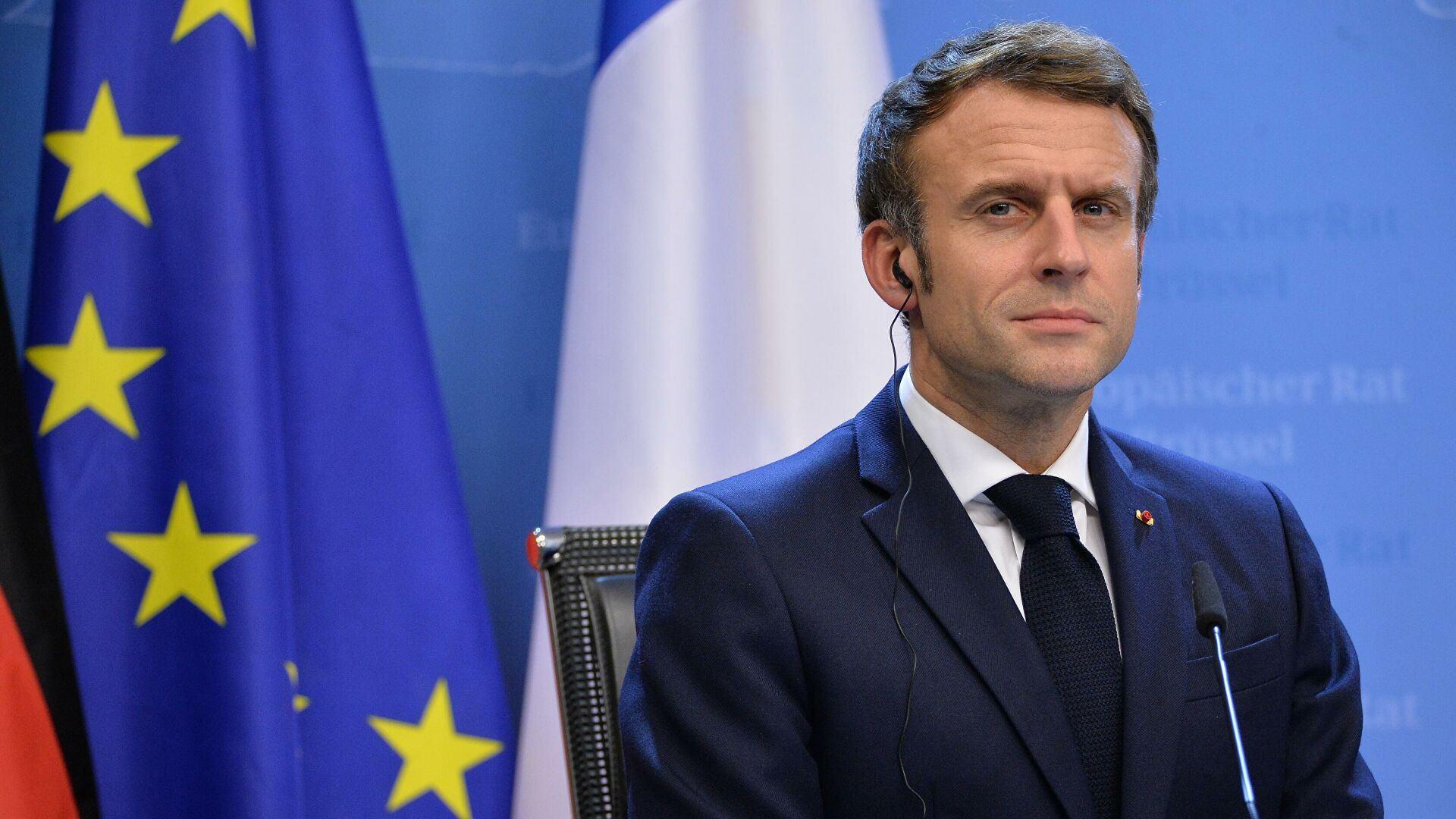
In other words, Europeans are presented with two competing concepts (doctrines):
– European autonomy from the United States (Macron), albeit with the acknowledgment that ties with NATO would not be severed, should Washington decide to scale down its involvement in the transatlantic alliance;
– Preserving, maintaining, or restoring a genuine Euro-Atlantic alliance between the U.S. and Europe, encompassing political, economic, defence, and security matters (Meloni).
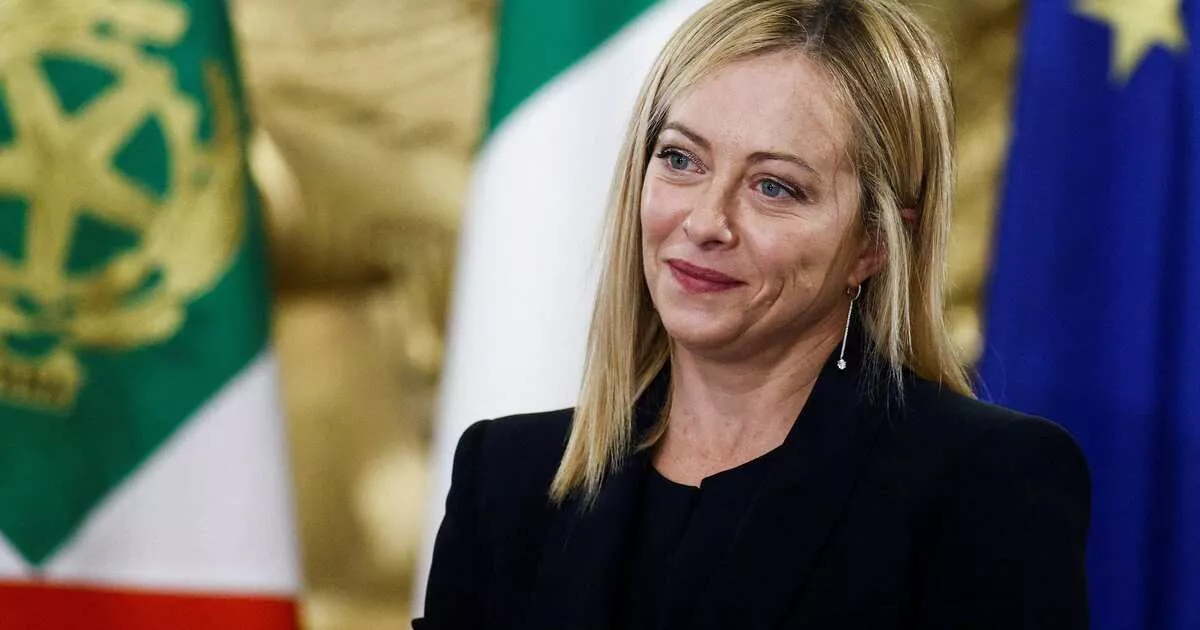
Against this backdrop, on March 9, European Commission President Ursula von der Leyen sought to present a shared vision of developments in the transatlantic world, highlighting, first and foremost, the threat to “our European values”—namely democracy, freedom, and the rule of law. She also pointed to the fact that sovereignty and firm commitments are being “called into question”, with “everything has become transactional.”
In this context, she argued that instead of falling into despair, the European continent must take its fate into its own hands by building a stronger and more secure Europe. Yet, despite these assertions, von der Leyen still considers the U.S. an ally, even though less than two months of Donald Trump in the White House resulted in a deterioration of U.S.-EU relations and dealt a blow to the once-unified transatlantic front on the war in Ukraine.
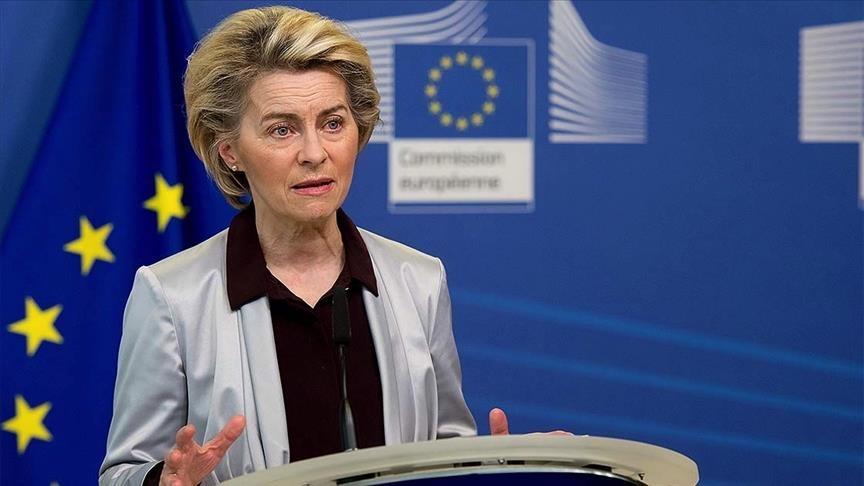
At the same time, according to most analysts, the European Commission president’s focus on the positions of Hungary and Slovakia—which diverge from the “common” EU stance on certain pressing issues—reflects a deepening split within Europe regarding U.S. policies, both in a European and global context. Against this backdrop, Meloni appears ready to assume a leading role in mediating between the opposing approaches that have become fundamental for EU leaders.
Meanwhile, some experts argue that U.S. President Donald Trump’s openly anti-European rhetoric is not rooted in an ideological stance per se. Rather, they believe it stems from his clear unwillingness to align with a Europe led by its current figures—most of whom, with few exceptions, openly hoped for his defeat in the U.S. presidential elections. This, they suggest, explains the Trump administration’s favourable stance toward Europe’s right-wing parties. Consequently, proponents of this view are convinced that as long as the current EU leadership remains in place, a genuine Trump-Europe alliance is fundamentally unattainable.
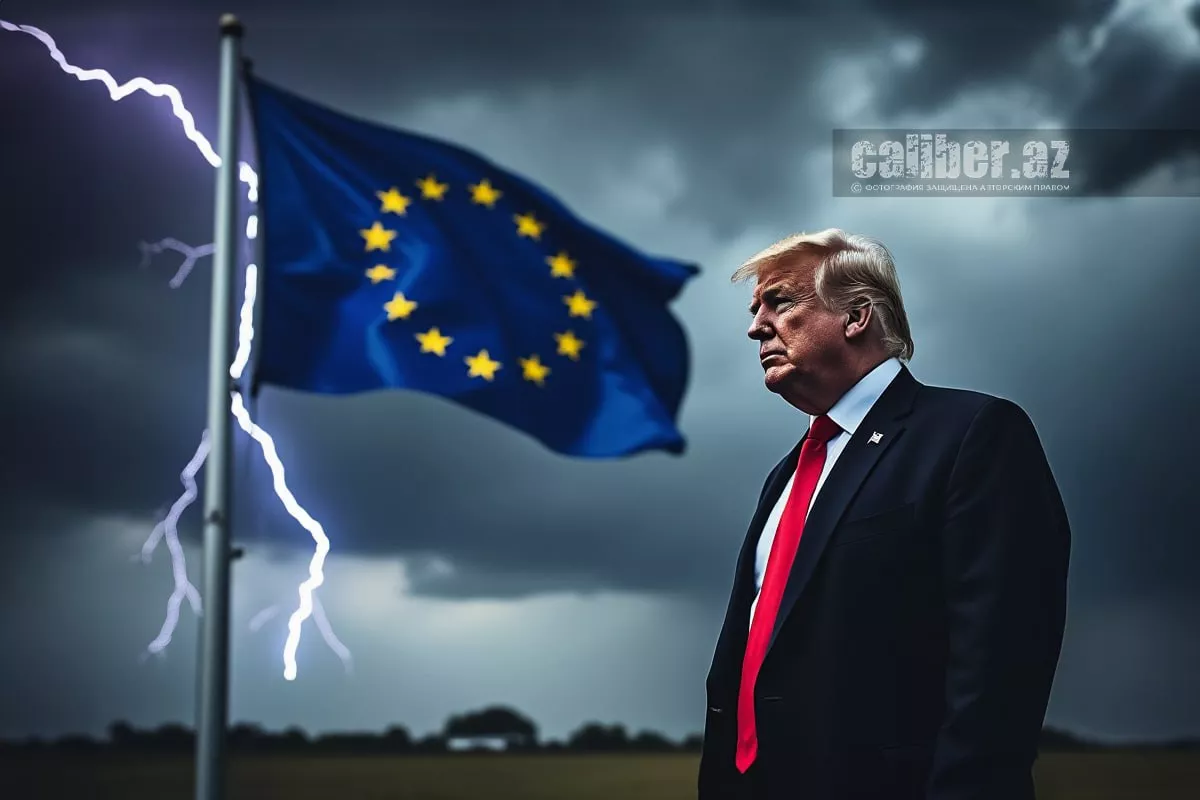
At the same time, observers are also framing the discussion in a slightly different way: Are there any real leaders in Europe today capable of translating Macron’s rhetoric into concrete action? In this regard, Macron himself is not even considered a figure capable of rallying those willing to pursue the course he advocates. Many believe he continues to suffer failure after failure, both domestically and on the international stage.
Experts also raise doubts from another angle. Citing EU foreign policy chief Kaja Kallas’s remark about the need for a “new leader for the free world,” they question whether any European politician of such stature is visible on the horizon. In their view, all current European leaders remain entangled in either pro- or anti-Trump alignments. As a result, a new political figure must emerge—one who can not only offer a way out of the current deadlock but also command Trump’s respect to the extent that he would at least take their position seriously. This, in turn, creates a geopolitical impasse: Has such a leader already emerged? And if not, when will he appear?
And so the next question arises: what about today, the near future, and beyond? This is far from a trivial matter, as beyond the two major trends shaping Europe's political landscape, leaders of certain countries are taking steps that primarily reflect their national interests.
For instance, Polish Prime Minister Donald Tusk has proposed the creation of a 500,000-strong army. As he stated, Poland must pursue “modern capabilities, including those related to nuclear weapons,” though he framed this approach as a “race for security, not for war.”
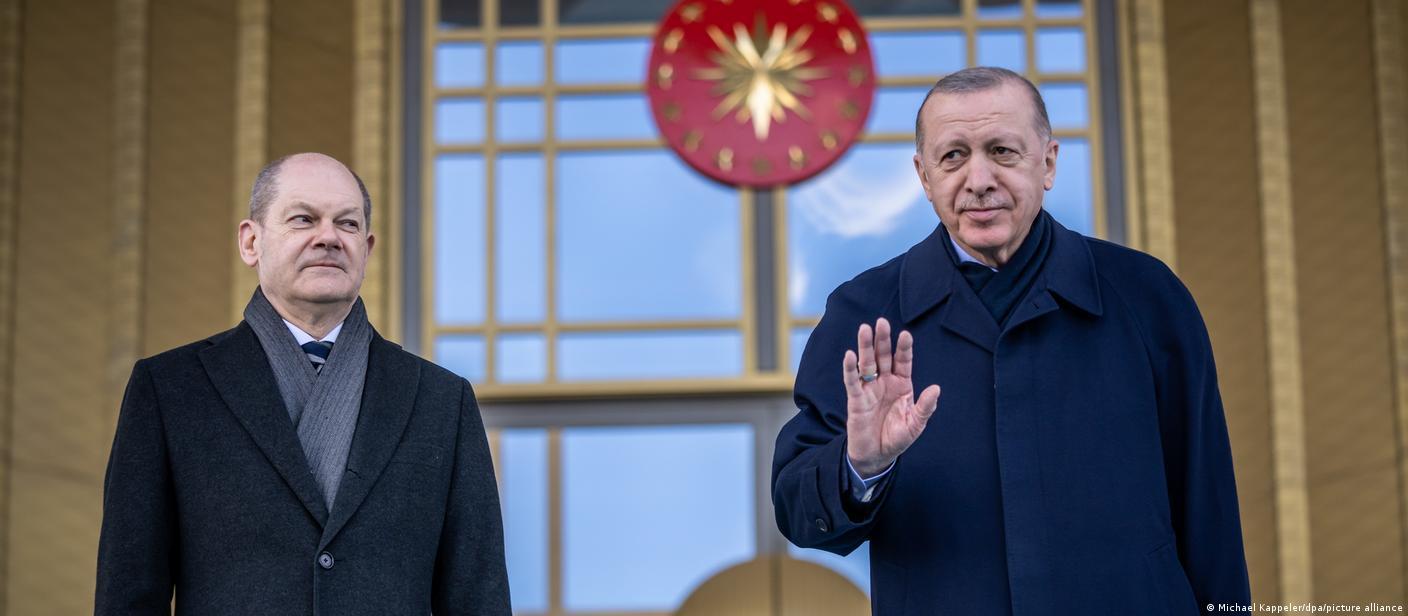
Meanwhile, Turkish President Recep Tayyip Erdoğan, while reaffirming Ankara’s commitment to full EU membership, emphasised that “joint planning with Türkiye on all matters concerning European security would serve our common interests.” In this context, the “long-term, strategic perspective on Türkiye-EU relations” gains renewed relevance.
Hungarian Prime Minister Viktor Orbán, citing “strategic disagreements” with the EU’s approach to Ukraine, has gone even further—calling on the bloc to engage in direct negotiations with Russia. Moreover, he argued that to avoid losing a trade war with the United States, the European Commission must reach a series of agreements with Washington while “setting aside ideological prejudices and moving toward cooperation with Russia and China.” This, he claimed, would allow Europe to “regain its economic competitiveness.”
Thus, while two dominant geopolitical visions shape the Euro-Atlantic space today, other perspectives on the present and future also emerge—reflecting the positions of individual states. This clearly indicates that European unity is absent at this historical juncture. Consequently, for the EU to adopt any truly global decision, member states will need to negotiate compromises—or reconsider the consensus-based approach that currently governs key decisions. Whether this is even possible in the face of Europe’s ongoing disunity is, of course, a question for Europeans themselves to decide.








